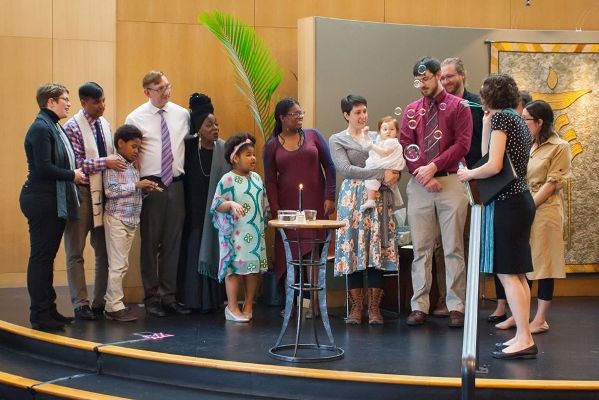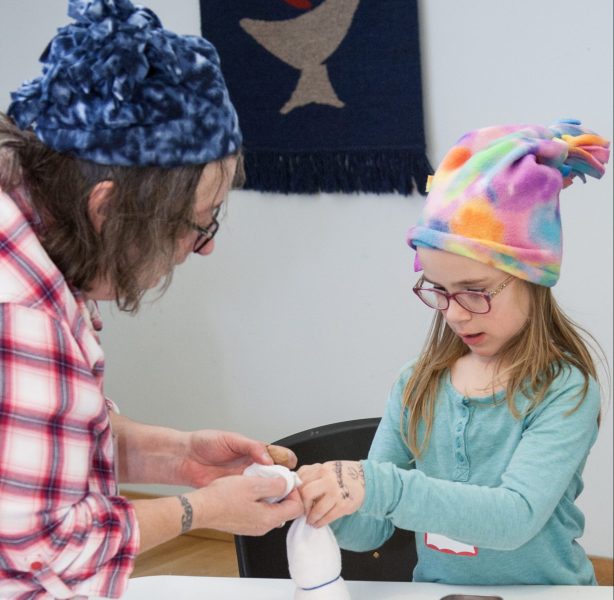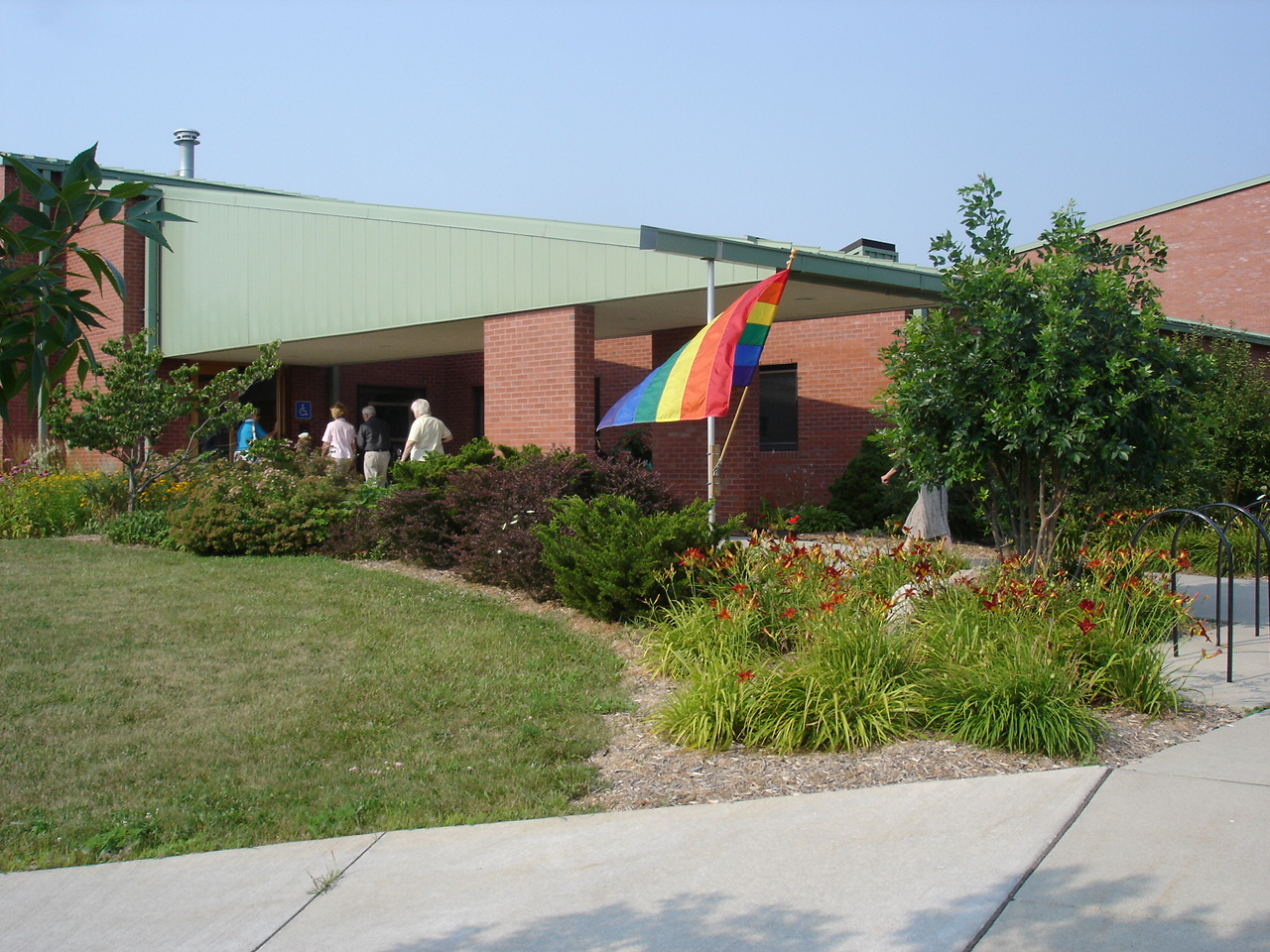The Farm Bill has a huge impact on agricultural practices, land management, and feeding our nation. Since agriculture is responsible for a big chunk of GHG emissions in the US, this bill also has a big impact on climate change.
Congress is currently negotiating the Farm Bill, which happens every five years. Michigan Senator Debbie Stabenow is very influential as chair of the Committee on Agriculture.
Let’s tell Sen. Stabenow and our other reps to advance a climate-smart Farm Bill that reduces GHG and promotes sustainable agricultural practices!
For letter templates/talking points: click on the following links: UUSJ, Tell Congress to Advance a Climate-Smart Farm Bill
Questions? Email greencorner@uuaa.org.






